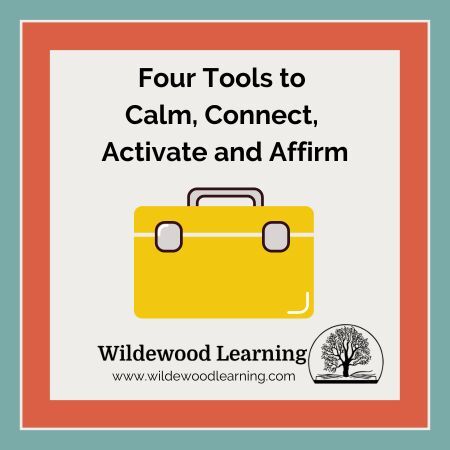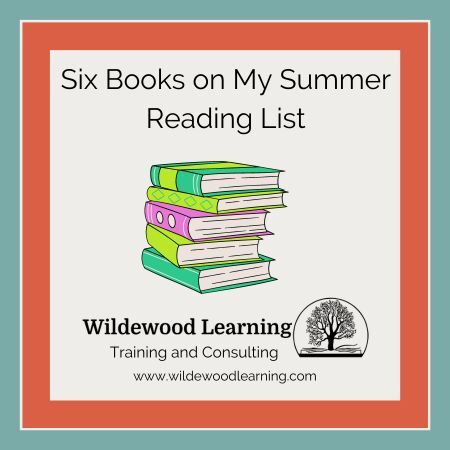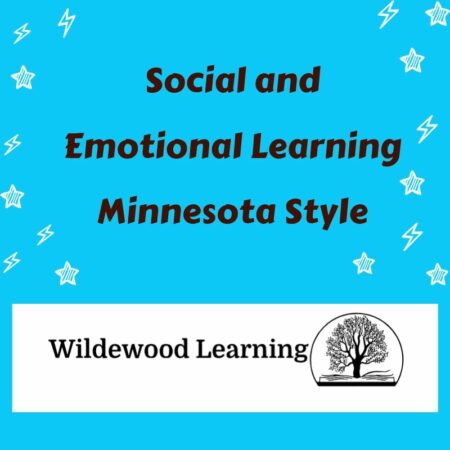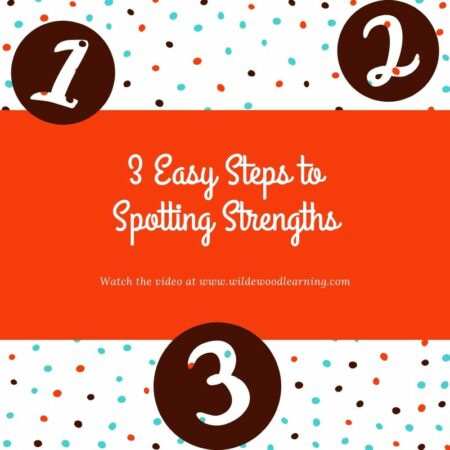Three Reasons to Find Your Resilience Support Team
This post was originally written in December 2021 and revised on December 3, 2024
This time of the year is for traditions, celebrations, and community. It’s also a time for rest, darkness, and solitude. In some ways, this time of the year is a paradox for me. How can I be both happy and sad at the same time? Can I be in the dark area of my soul and then see the light?
As I have aged, I have felt this paradox more strongly than ever. I see both sides of the story. I want to be with family and friends, yet sometimes I just want to sit on my bed by myself. The paradox is confusing. Life isn’t as cut and dried as we sometimes think it needs to be.
I want you to know that if you feel the season’s push and pull, that is perfect. You are feeling aware and know that most people’s lives are not like the family photo on the Facebook page.
In the past, I have worked with a small school where I was lucky enough to support staff professional development working on resilience skills. The resource we use is a book written by Elena Aguilar, Onward Cultivating Emotional Resilience in Educators. It is an excellent resource; I used it for three years in a Professional Learning Community with the staff members.
In 2020, I was part of a statewide Social and Emotional Learning cohort that used Onward as a resource for administrators and leadership. This was at the height of the pandemic, and we found Onward to be an extremely useful resource for us. The leadership team at the small school I served wanted to bring this resource to their staff and community.
The first cohort of staff and community members was created in June 2021. We were a small group reading and discussing several chapters in the book over a twelve-month span. There are 12 chapters, one for each month, each with a different skill to grow within ourselves. At the same time, I also joined an online book club the author and her team facilitated. In both groups, we met each month to read and discuss chapters.
The administration and staff received the focus on resilience so well that I was able to facilitate two more Professional Learning Community cohorts for the school I served with teaching and support staff. In all, I have read Onward at least three times, and each time, I have found value in the chapters, but mainly in the discussion with others.
There were three needs that I saw being addressed in all the groups:
- The need for community and support. We need to know that we are doing this together. Multiple emotions come up throughout the day, at work and home. Knowing we are not alone in that feeling makes it okay. Giving voice to what you feel is a path to self-awareness and self-management.
- Learning skills that can be used to build our own resilience. Onward and many other resources are full of skills to develop our resilience. Knowing and implementing those skills can be a way for adults in the school or organization to regulate their nervous system (calm brain and body). There are many ways to regulate, and you can pick and choose what will work for you.
- Stress relief is huge and needed! One of the ways the groups relieve stress for me is through authentic connection. At the beginning of our sessions, we have a set of norms. We talk about having confidentiality within the group. This norm helps to give people a safe space to be authentic and vulnerable. Growth and learning can happen when we feel safe in a relationship.
“Even when I know better, I don’t always do better without constant practice and support.”
We go for the immediate rewards of the short sprint when we really need the consistency of the long haul. Building resilience, emotional intelligence, and ways to relieve stress, plus doing it with the support of a community, is the life preserver that we all need. I hope you find that group of compassionate adults who can support you in 2025.
Wishing you all the best in 2025!!





